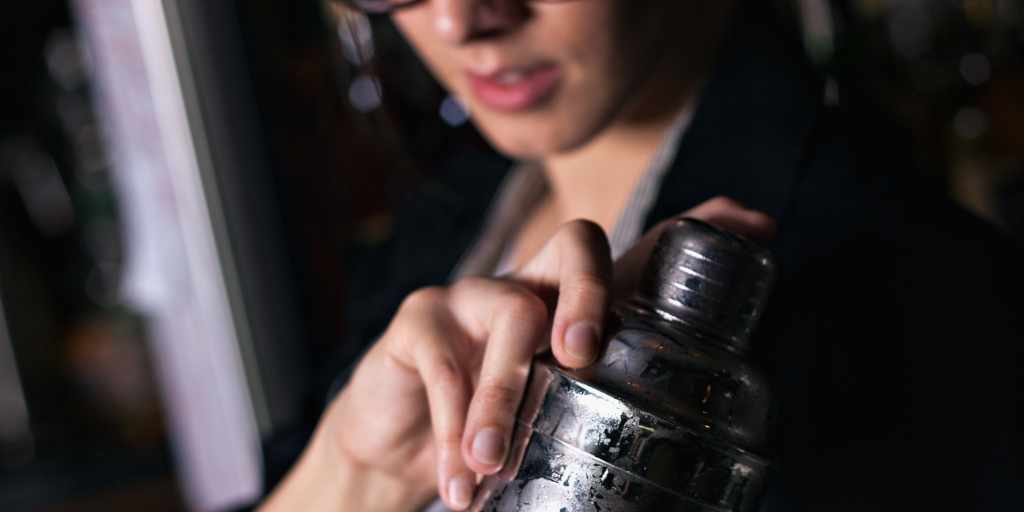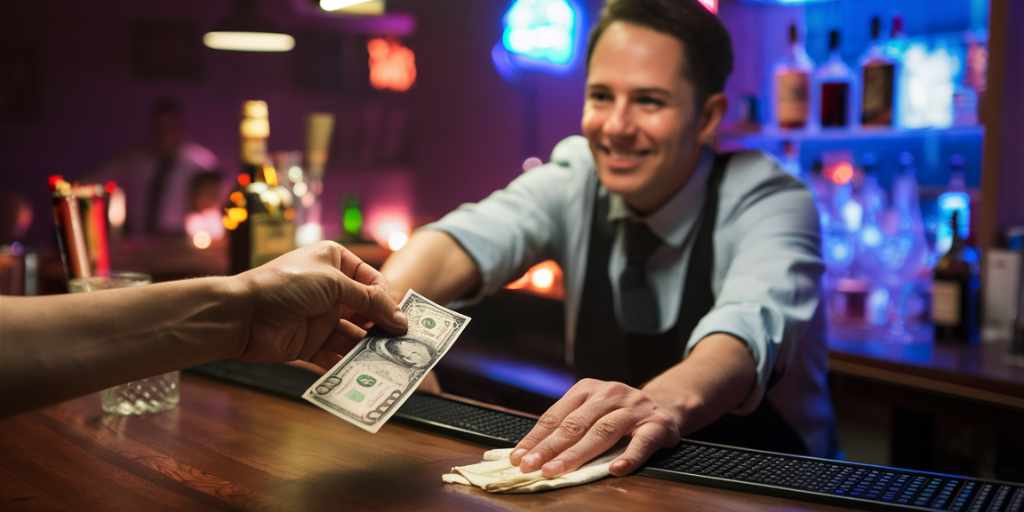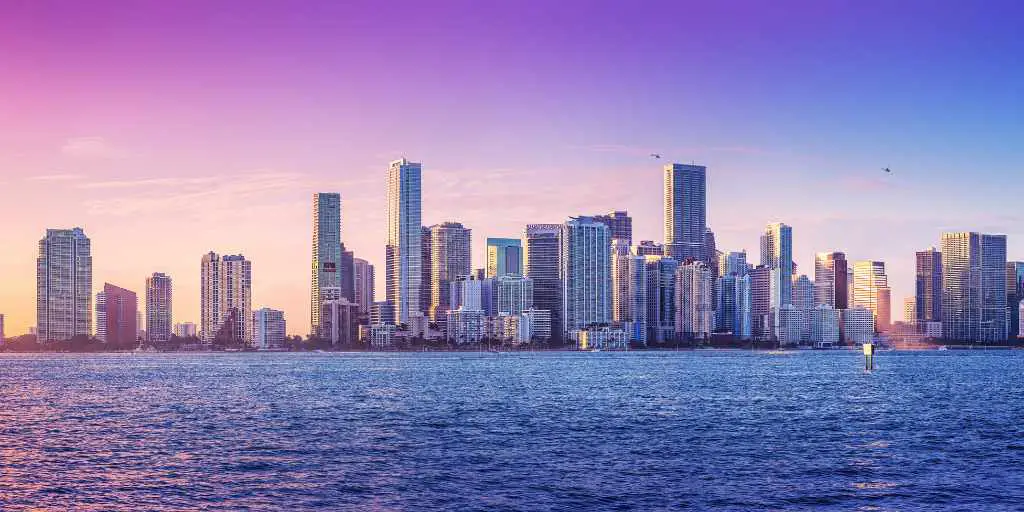Bartending is a popular profession that involves serving alcoholic beverages to customers. Bartenders serve alcohol and are responsible for ensuring that their customers are served safe and responsible amounts of alcohol. However, accidents can happen, and bartenders may be held liable for any damages or injuries resulting from their actions. This is where bartender insurance comes in.
Bartender insurance is a type of liability insurance that provides coverage for bartenders in the event of accidents, injuries, or damages on the job. It is designed to protect bartenders from financial losses arising from lawsuits or other legal actions. While it is not required by law in all states, having bartender insurance can provide peace of mind and protection for bartenders who want to protect their business and personal assets.
Key Takeaways
- Bartenders need insurance to protect themselves from financial losses that may arise from accidents, injuries, or damages on the job.
- Different types of insurance are available for bartenders, including liquor liability and general liability insurance.
- When choosing insurance, bartenders should consider coverage limits, deductibles, and premiums to find the right policy for their needs.
Why Bartenders Need Insurance
Bartending is a fun and exciting profession, but it comes with many risks. As a bartender, you are responsible for serving alcohol to customers, which can lead to various issues. That is why bartenders need to have insurance. In this section, we will discuss the reasons why bartenders need insurance.
Risk Factors
Bartenders face several risk factors leading to accidents, injuries, and lawsuits. These risk factors include:
- Serving alcohol: Bartenders are responsible for serving alcohol to customers, and this can lead to customers becoming intoxicated and causing harm to themselves or others.
- Slips and falls: Bartenders work in a fast-paced environment and constantly move around. This can lead to slips and falls, which can result in injuries.
- Injuries from glassware: Bartenders work with glassware, which can lead to injuries if the glassware breaks or shatters.
- Assaults: Bartenders may be at risk of assault from unruly customers.
Potential Consequences
The potential consequences of not having insurance as a bartender can be severe. These consequences include:
- Legal fees: If a customer is injured or harmed due to your actions as a bartender, you may be sued. Legal fees can be expensive; without insurance, you will be responsible for paying them out of pocket.
- Medical expenses: If a customer is injured due to your actions as a bartender, you may be responsible for paying their medical fees. These expenses can be significant; without insurance, you will be responsible for paying them out of pocket.
- Loss of income: If you are sued due to your actions as a bartender, you may be unable to work while the lawsuit is ongoing. This can result in a loss of income, which can be devastating.
In conclusion, bartenders need insurance to protect themselves from the risks associated with their profession. By having insurance, bartenders can ensure they are protected from potential lawsuits and other legal issues that may arise from their actions.
Types of Insurance for Bartenders
Like any other business owner, bartenders need insurance coverage to protect themselves from unexpected events that can lead to financial loss. Here are the three types of insurance that bartenders should consider:
General Liability Insurance
General Liability Insurance is a type of insurance that protects bartenders from claims made against them for bodily injury, property damage, or personal injury. This insurance can cover the cost of legal fees, medical expenses, and damages awarded to the claimant.
Bartenders should consider purchasing general liability insurance because it can protect them from lawsuits arising from accidents on their premises, such as slip and fall accidents. It can also protect them from lawsuits and liquor liability claims that can arise from accidents that occur off-premises, such as car accidents involving intoxicated patrons.
Liquor Liability Insurance
Liquor Liability Insurance is a type of insurance that protects bartenders from claims made against them for damages caused by an intoxicated patron. This liquor liability insurance coverage can cover the cost of legal fees, medical expenses, and damages awarded to the claimant.
Bartenders should consider purchasing liquor liability insurance policy, because they can be held liable for damages that result from serving alcohol to an intoxicated patron. For example, if a bartender serves alcohol to a patron who causes a car accident, the bartender can be held liable for the damages caused.
Workers’ Compensation Insurance
Workers’ Compensation Insurance is a type of insurance that provides benefits to employees who are injured or become ill due to their jobs. This insurance can cover medical expenses, lost wages, and rehabilitation expenses.
Bartenders should consider purchasing workers’ compensation insurance because they risk being injured. For example, a bartender can suffer back injuries from lifting heavy kegs or slip-and-fall injuries from wet floors. Workers’ compensation insurance can provide financial protection to bartenders in case they are injured.
It is important for bartenders to consider all three types of insurance to protect them from unexpected events that can lead to financial loss.
How to Choose the Right Insurance
When choosing the right insurance for bartenders, there are a few factors to consider. In this section, we’ll cover how to assess your needs and risks and how to compare insurance providers.
Assessing Needs and Risks
Before choosing an insurance policy, bartenders should assess their needs and risks. This involves considering factors such as the type of establishment they work for, the type of alcohol they serve, and the number of patrons they serve.
For example, if a bartender works at a high-end cocktail bar serving expensive and rare liquors, they may need a higher liquor liability insurance. On the other hand, if a bartender works at a sports bar that serves mostly beer and wine, they may not need as much of host liquor liability insurance coverage.
It’s also important mobile bartenders to consider the risks associated with serving alcohol, such as the risk of over-serving a patron who then causes an accident. Bartenders should assess their level of risk and choose an insurance policy that provides adequate coverage.
Comparing Insurance Providers
Once a bartender has assessed their needs and risks, they can begin comparing insurance providers. When comparing providers, bartenders should consider coverage limits, deductibles, and premiums.
It’s also important to consider the reputation and financial stability of the insurance provider. Bartenders should research the provider’s history of paying claims and their financial ratings to ensure they choose a reliable provider.
Bartenders can also consider working with an insurance broker specialising in both liquor license and liability insurance. A broker can help bartenders compare policies from multiple providers and choose the policy that best meets their needs.
Overall, choosing the right insurance policy for bartenders requires careful consideration of their needs and risks and a thorough comparison of insurance providers. By assessing their needs, common risks, and comparing providers, bartenders can choose a policy that provides adequate coverage and peace of mind.
Frequently Asked Questions
What is bartender insurance, and why is it important?
Bartender insurance is a type of insurance that provides coverage for bartenders and their businesses. It is important because it protects bartenders from liability claims in case of accidents, injuries, or damage caused by their services. It also helps bartenders to comply with local and state laws that require them to have insurance.
How do I get bartender insurance?
Bartenders can get insurance by contacting insurance companies that offer bartender insurance policies. Some insurance companies, such as FLIP, specialize in providing insurance to those in the food and beverage industry. It is essential to compare policies from different insurance companies to find the one that best fits your own business needs and budget.
What does mobile bartender insurance cover?
Mobile bartender insurance typically covers general liability, bartender liquor liability insurance, and property damage. General liability insurance covers accidents and injuries on the job, while liquor liability insurance covers damages caused by intoxicated customers. Property damage insurance covers damages to property caused by the bartender or their services.
What is liquor liability insurance for events?
Liquor liability insurance for events is a type of insurance for independent bartenders that provides coverage for events where alcohol is served. It protects event hosts and bartenders from liability in case of accidents, injuries, or damages caused by intoxicated guests. Bartenders need liquor liability insurance for events to protect themselves and their clients.
Do bars have to have insurance in Texas?
Yes, bars in Texas are required to have bartender liability insurance. The Texas Alcoholic Beverage Commission (TABC) requires bars to have liquor liability insurance to protect themselves and their customers. The minimum coverage required by the TABC is $300,000 per occurrence and $600,000 aggregate per year.
Is it necessary for bartenders to have health insurance?
While it is not required for bartenders to have health insurance, it is recommended. Bartending can be physically demanding, resulting in injuries or health issues. Health insurance can help bartenders to get the medical care they need without incurring high out-of-pocket medical costs.




